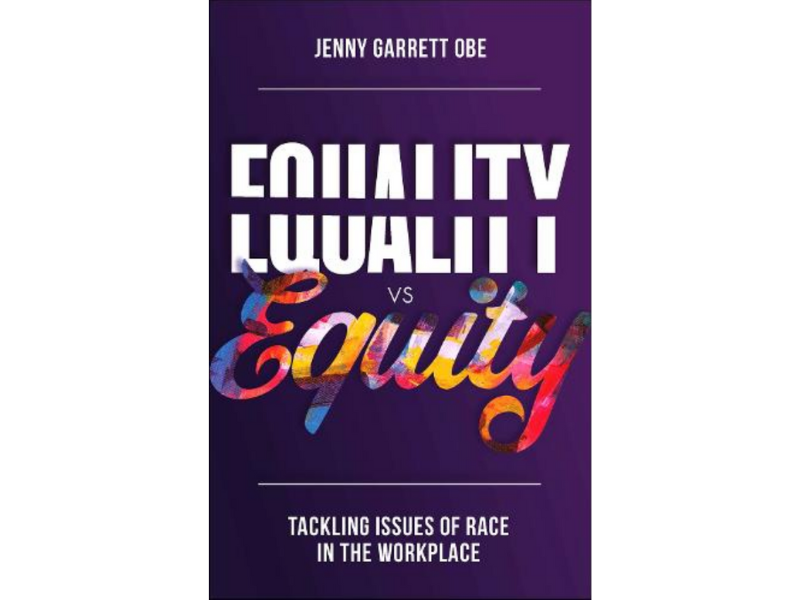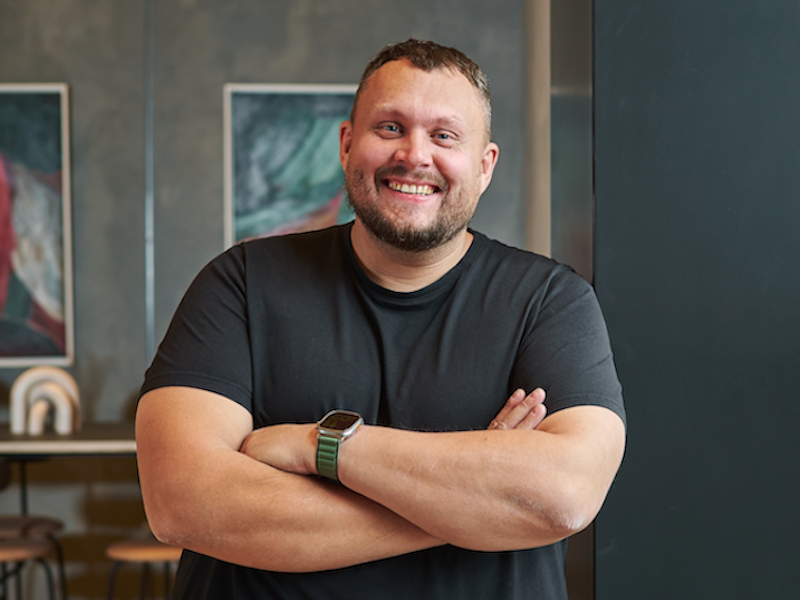I have held roles in investment banking operations, business and technology change and as a business consultant, specialising in financial services regulation for the last 10 years.
More recently, I’ve focused on the application of emerging technology. I like to get to the root cause of problems and am keen to deliver innovative solutions that provide real value.
As a political science graduate, I understand how structures have an impact across society, often with unintended consequences. I’ve always been interested in data and its central role in decision making across multiple industries and particularly its impact on the economy and am aware of the negative outcomes caused by bias within that data.
Early in my career, I was given opportunities to train others, inspiring me to really get involved in people development. I am currently running a programme where I have been the first to encourage our consultant group to define their own career development needs. I continue to manage and mentor colleagues across my company as a result, and continuously strive to develop as a leader.
Why do you support the HeForShe campaign?
Supporting greater equality in the workplace is simply the right thing to do. Half of the world’s population should not be excluded from positions of seniority, decision making positions or from the best paid jobs because of entrenched systems that make it more difficult for women as a whole to fully succeed.
Diversity of thought and experience leads to better decision making. This goes beyond gender, of course, to include BAME, LGBTQ+, disability and economic background. Too many governments, boardrooms and leadership teams are composed of men who went to the same schools and belong to the same socio-economic group. They are only ever going to make the same decisions and generally to their benefit only. Companies with more diversity in their leadership teams are shown to perform better.
I don’t want to generalise about female and male traits and indeed we should stop thinking about them in these terms, but economic and political decision-making needs to include more compassion and empathy, and ‘soft skills’ should be rightly valued. Our economies should reward stakeholders not shareholders.
I don’t think it is any coincidence that countries with female leaders have shown the most positive results in the way they have dealt with the Coronavirus pandemic. We should learn from this and apply it to the workplace generally to develop a more compassionate form of capitalism, bringing benefits for many rather than massive returns for few.
Why do you think it’s important for men to support gender equality in the workplace?
Again, it is simply the right thing to do. I don’t want to be part of the problem, even as I acknowledge my privilege by virtue of my gender and race, so I want to do what I can to be part of the solution.
I think generally diversity and inclusion are seen as zero sum, that men will be disadvantaged by better gender balance. This simply isn’t correct. Diversity of thought and experience will drive better decision making which in turn will have positive returns for all.
How welcome are men in the gender equality conversation currently?
I will answer a slightly different question of “Should men make themselves part of the gender equality conversation?” and the answer is a resounding yes.
The onus on starting these conversations cannot be on women alone. Men cannot wait to be invited to participate. A lot of this debate is going to be difficult and everyone involved, including men, will be faced with some challenging decisions and may need to stand out from the crowd to do the right thing. This takes courage from women and men alike.
All men have a responsibility to use their voices and behaviour to help drive change, to challenge the status quo and to educate others, helping them in turn to become champions of others.
Do you think groups/networks that include the words “women in…” or “females in…” make men feel like gender equality isn’t really their problem or something they need to help with?
This is difficult – I don’t think the names are necessarily the issue. I think that these groups are often necessary in the workplace or across industries, providing a sense of community to women of all levels. They are often also safe spaces for members to discuss sensitive or challenging topics. Equally, it’s important to recognise that these groups can cause feelings of ‘otherness’ and we need to be sensitive to that perception. While I would love for their need to be rendered superfluous, they will continue to be necessary as along as we things remain unequal in our workplaces.
More fundamentally, I think there is a tendency for those with privilege to not recognise it, so there are men that are blind to the fact there is gender imbalance, let alone in acknowledging that it is a problem that they should doing something to help address.
What can businesses do to encourage more men to feel welcome enough to get involved in the gender debate?
Again, this shouldn’t be about men being made to feel welcome in a cosy debate. We need men to show courage and leadership and show that gender balance matters
Businesses that want to achieve better gender balance should recognise and reward positive behaviours from men and women, that will help them achieve this – one of which should be engagement in conversations about gender balance in the workplace. Equally they should also show that there are unwelcome behaviours which will not be tolerated.
People in workplaces look to their leadership, so leaders must show behaviour that will help achieve better gender balance. Real strength in leadership comes from empowering others, so leaders must live by that example by empowering women in their organisations.
Do you currently mentor any women or have you in the past?
Yes, I do currently and have done in the past, generally on an informal basis. I feel proud that as a senior male in my organisation, women feel confident to approach me for mentorship.
Have you noticed any difference in mentoring women – for example, are women less likely to put themselves forward for jobs that are out of their comfort zones or are women less likely to identify senior roles that they would be suited for?
I’m reluctant to generalise as I have mentored women at different stages in their careers and with different needs, and indeed have mentored men who could be said had similar challenges to those you list in your question.
What I have seen many times is women asking for help in navigating a system that may seem like it is stacked against them. This is particularly important for women at the earlier stages of their careers who might not have positive female role models they can look to.
WeAreTheCity has a back catalogue of thousands of HeForShe interviews, including Suki Sandhu, Philip Baldwin, Asif Sadiq MBE, Rob Neil OBE and many more. You can read about all the amazing men championing gender equality here.









